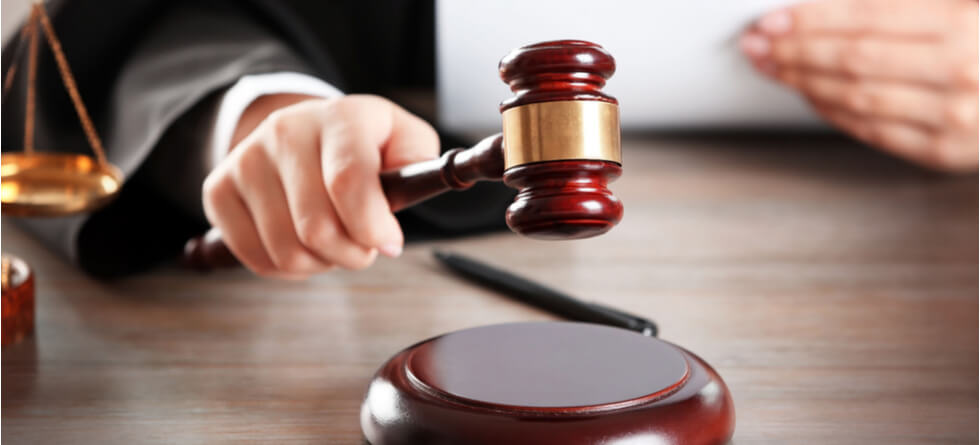There are instances where a witness may refuse to testify. Some of the reasons may be valid and others invalid. Note that the witness cannot be forced to confess too. Unless you are issued with a subpoena, you are not obliged to respond to detective or attorney calls.
The prosecution will also not withdraw a case merely because a witness refuses to testify. There are some cases where the witness may be linked to the crime.
Valid refusal to testify
Here are the reasons considered valid when a witness refuses to testify…
- Avoiding self-incrimination
A witness cannot testify if the testimony will incriminate him. If such a witness testifies on a case he or she is being accused of being involved with; they may endanger their lives.
- Spousal privilege
If your spouse is in a criminal case, you are allowed not to testify. The marital privilege allows spouses to protect each other from an investigation, a criminal charge, or a subsequent trial.
In case of death or sickness, a witness may also refuse to testify. Provided you give a good reason for not testifying, you will be cleared.
What happens when you refuse to testify?
Refusing to testify for reasons of protecting a spouse, avoiding self-incrimination and causes such as sickness and death are allowed. Other reasons other than these may be considered as avoidance of the court, and here is what can happen.
- You could be charged with criminal contempt of court
With this, you will be punished for interfering with the court’s proceedings. This will be an indirect criminal contempt of court, which is based on the violation of a court order.
- A character witness may be charged with involvement
A character witness is a person who knows the defendant or people involved in a particular case. If a character witness refuses to testify, he or she faces the risk of being charged with involvement.
- The prosecutor may decide to move on with the case
Even when a witness refuses to testify, the prosecutor may choose to move on with the case. This will heavily depend on the circumstances of the case. The case will proceed if the testimony is on the record. If there are other witnesses available, there will be no need to dismiss the case. The prosecutor may also have other sources of evidence; this may not require the witness to testify.
- The case will be dismissed
In some cases where the witnesses refuse to testify, the prosecutor may lack the essentials for proceeding with the case. If there is no other evidence to support the case, the prosecutor may be left with no choice but to dismiss the case. Dismissal depends on whether or not the prosecutor has other materials available for court proceedings.
A witness refusal to testify can either be valid or considered avoidance of court. Avoidance of the court can lead to the punishment of a witness, or the dismissal of a case.





